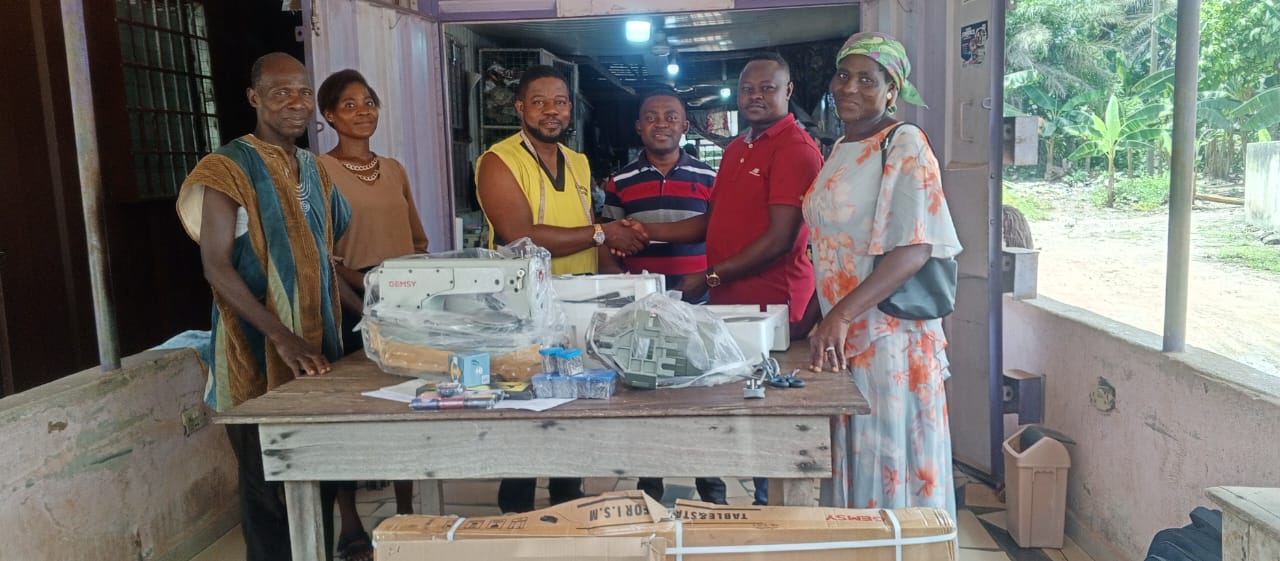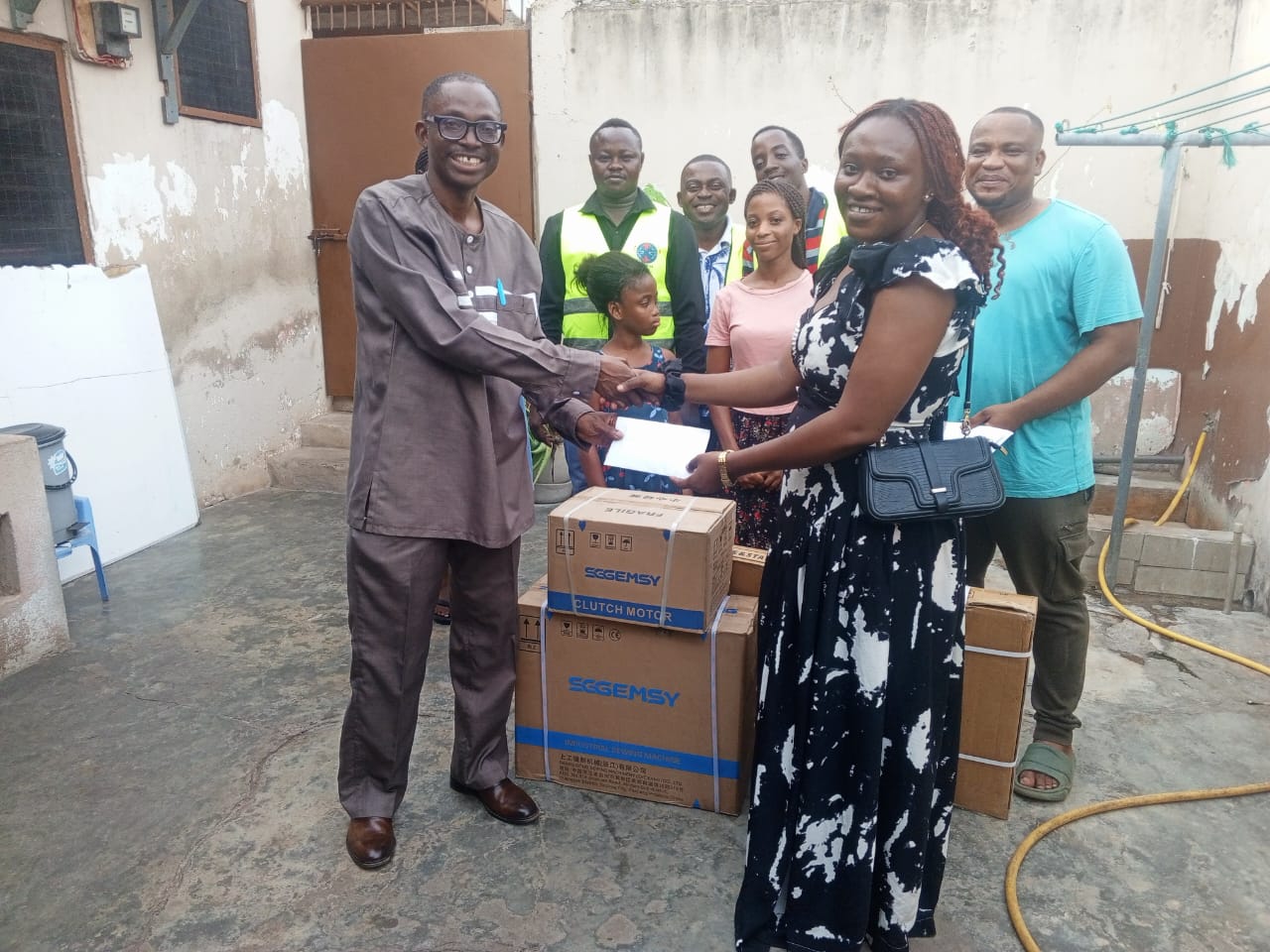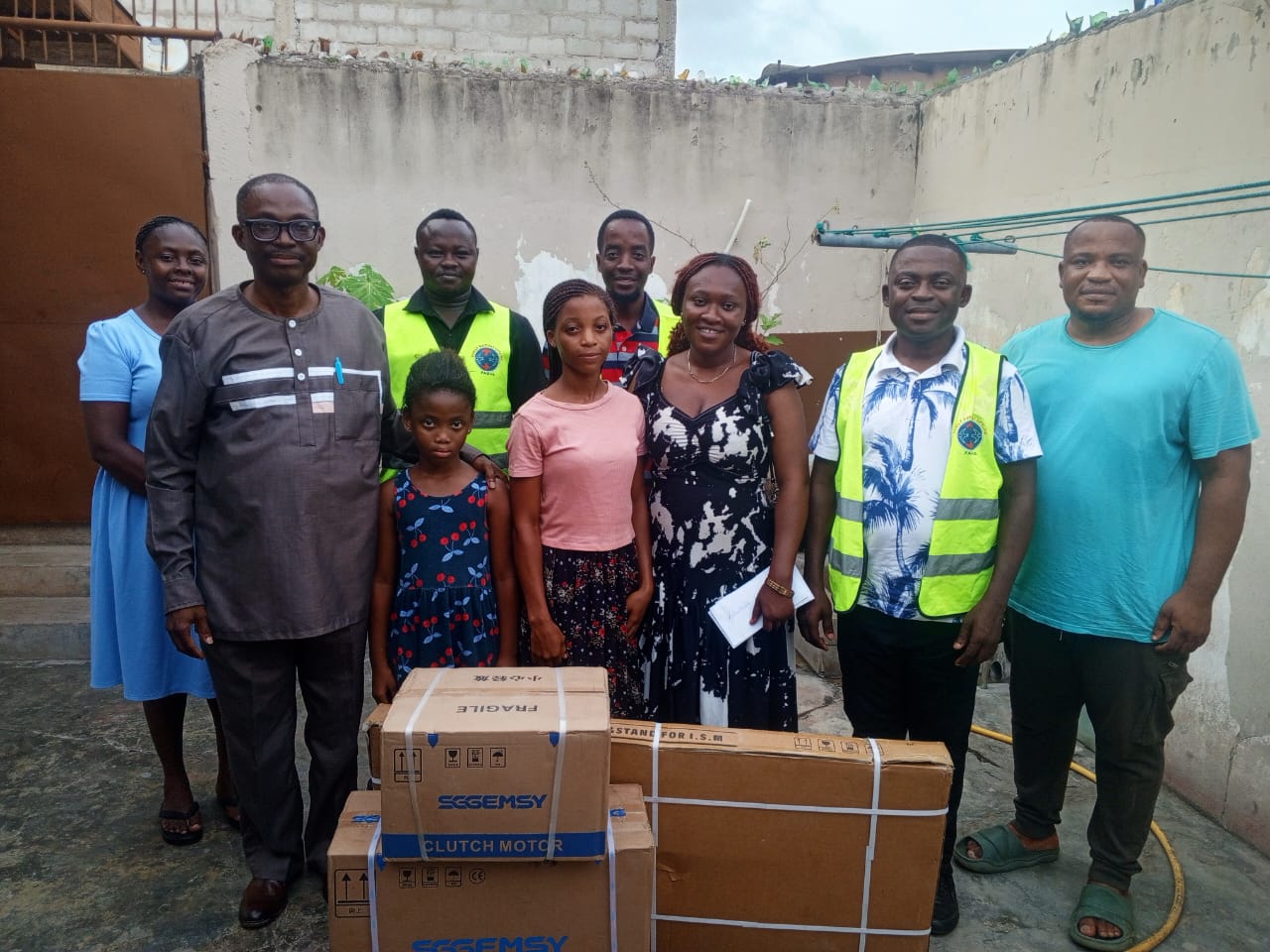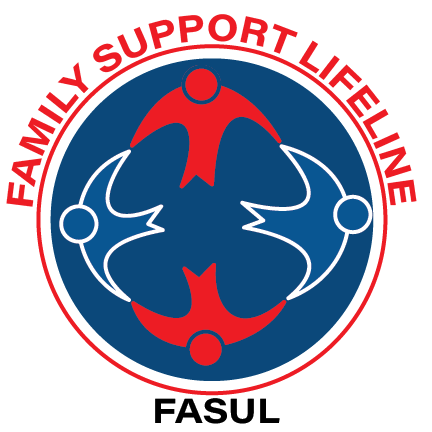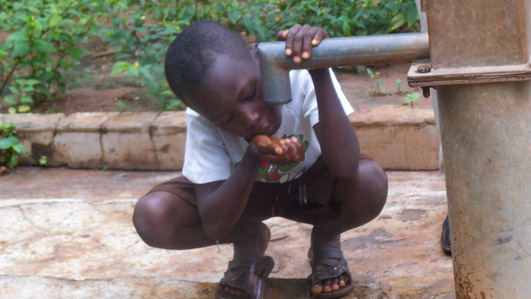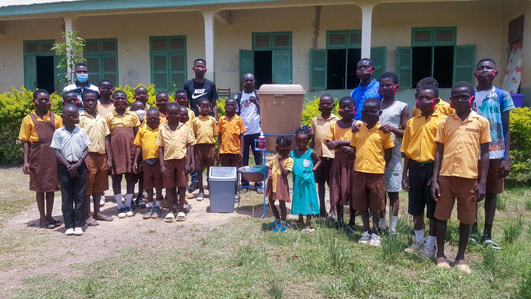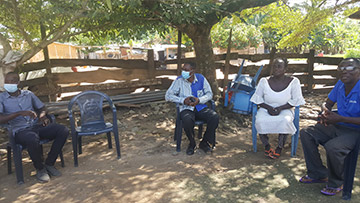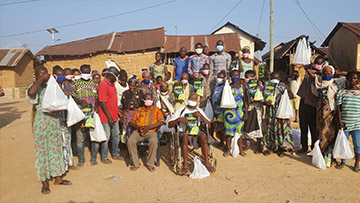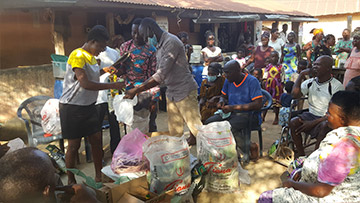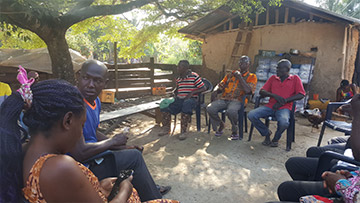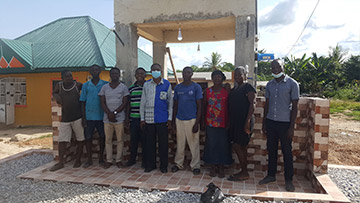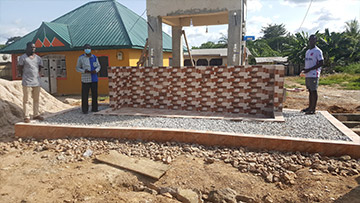In addition to the training, FASUL, in collaboration with its internal partners, provided start-up capital to 15 participants from the first cohort. These individuals included those who had already begun small ventures but required financial support, as well as those eager to start their own businesses. Engagement with the communities revealed the program's significant impacts, as participants shared testimonies of how the intervention is transforming their lives. They highlighted improvements in their income sources, living standards, and their ability to support their children and family members in pursuing higher education and accessing better healthcare.
Despite these successes, many young people, particularly those with disabilities in underserved communities, remain unemployed. This challenge is largely due to a lack of educational opportunities, insufficient economic prospects, and a shortage of employable skills. These issues are exacerbated by the overwhelming burden on the government to provide social and economic opportunities. Young women with disabilities, in particular, face compounded barriers, leaving them without the skills or resources needed for self-sufficiency.
In response, FASUL, with its dedicated international partner, the Center for Global Health (CGH), University of Chicago. has launched a flagship apprenticeship and vocational skills training program under the Rural Empowerment Initiative. This intervention aims to sponsor 10 individuals from Kiphart's beneficiary communities by fully financing their training in relevant vocational fields. The program covers a wide range of skills, including hairdressing, carpentry, masonry, tailoring, blacksmithing, auto mechanics, decoration, fashion designing and more.
The FASUL field team, in collaboration with traditional authorities, assembly members, area councils, and WATSAN committee members, selected individuals for training based on their interests and the relevance of the skills to their communities. This initiative is another step toward empowering underserved youth and fostering self-reliance and economic resilience. The beneficiaries of this flagship intervention include individuals like Peace Gana, a young woman from the Korase community in Ashanti. Gana was unable to complete high school due to financial constraints and a lack of economic opportunities, leaving her without hope for the future. After engaging with her, she expressed an interest in tailoring, but the high cost of training extinguished that dream. Thanks to this intervention, however, Gana is now happily pursuing her passion for sewing and stitching.
Similar challenges were shared by others, such as Omani Mary from the Bonkwaso community, who is now undergoing training to become a hairdresser; Boateng Kofi, who has an interest in auto mechanics; and Kofi Adu, who is training in decoration.Among these beneficiary is Barbara, upon conversation with her parents revealed to us her dream of becoming a fashion designer for years. Now she is happily pursuing her dream of becoming fashion designer. The full cost of their respective training programs, including necessary materials and tools, has been covered by FASUL through the dedicated support of its international partners.
Efforts are ongoing to identify more individuals from similar socio-economic backgrounds who could benefit from relevant apprenticeships and vocational training. The organization aims to support about 10 individuals from Kiphart’s beneficiary communities, helping them acquire the skills needed to build a better future.
At FASUL, we believe that our apprenticeship program, now in its first edition, holds incredible potential to break poverty cycle. By offering consistent, practical training in relevant fields, provision of self-employable skills for even more members of the beneficiary communities. We aim to provide a viable pathway to employment for young people in underserved communities. Not only do these programs offer a way for youth to build sustainable careers, but they also foster a greater sense of responsibility, empowerment, and economic resilience.
Through expanded vocational training and apprenticeships, we’re focused on creating lasting change that will bring positive returns not just for individual participants but for entire communities. We’re committed to a future where young people, including women and persons with disabilities, can take control of their economic destiny, secure meaningful work, and contribute to the well-being of their families and society.
Join us on this journey to foster self-sufficiency and resilience, one skill at a time. With ongoing support and dedication, we believe these initiatives will open doors for youth, break cycles of poverty, and build a brighter, more inclusive future for all.



